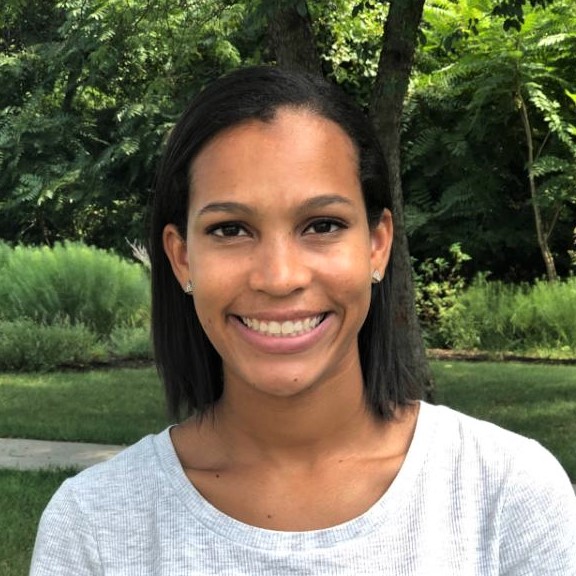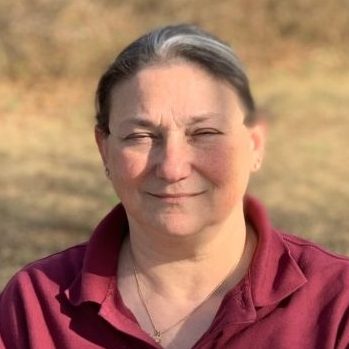Mental Health Heroes
Mental health and emotional well-being are just as important as physical wellness; few know this better than the therapists who lend themselves every day to helping others face their challenges—the clinical team at Jewish Family Services is dedicated to helping those we serve heal, grow, and succeed. Meet some JFS therapists and learn more about what inspires them to do this work.
Padmaja Charya, LPMHC
 JFS: Why do you think therapy is important?
JFS: Why do you think therapy is important?
PC: Human connection can have such a significant impact on healing and the experience of feeling heard, respected, and appreciated can be one of the biggest contributors—this is what therapy can provide.
JFS: Tell us about a unique therapeutic approach you use. Why do you like it?
PC: I love to incorporate the arts, particularly music, into my therapeutic process with patients; sometimes, people do not want to talk during sessions, and that’s okay because music can be a powerful way for people to communicate without saying a word—to include music can make the therapeutic process more helpful and meaningful for the person. I also love the interactive, collaborative nature of Parent-Child Interaction Therapy (PCIT), which equips parents of young children with tools to help them successfully manage challenging behaviors and relationship issues.
JFS: If you hadn’t become a therapist, what other dream job might you have pursued?
PC: Professional dancer, music producer, or physician.
JFS: Can you bust any therapy myths?
PC: Many people believe therapy is just for “crazy” people, but people from all walks of life—with a variety of experiences and backgrounds—come to therapy. It is a great feeling to witness a person’s relief after a therapy session, especially when that person was visibly nervous and unsure about seeking therapy at all.
Jeannette Jefferson, MA
 JFS: What inspired you to become a therapist?
JFS: What inspired you to become a therapist?
JJ: When I was younger, my family was going through a lot of problems and my mother decided to put me in therapy to sort out what I was not willing to discuss with her or my father. When that was successful and helpful for me, I realized I wanted to give back to other children through my career.
JFS: What about your work do you find the most rewarding?
JJ: The most rewarding moments in my work are when a client has a break through on something they were having a difficult time with. It’s also great when a client gets excited to share about their progress and how they are using the techniques you taught them.
JFS: Tell us about a unique therapeutic approach you use. Why do you like it?
JJ: My favorite approach that I like to use for clients is play therapy because it enables the client to have fun, let loose, and be creative while expressing themselves in a safe space—it can be fun for me too and I get a lot of great insight through these sessions!
JFS: Can you bust any therapy myths?
JJ: Therapists are not mind readers!
Nina Licht, LPMHC, CAADC
 JFS: What inspired you to become a therapist?
JFS: What inspired you to become a therapist?
NL: I decided to become a therapist when I was about ten years old—my uncle was a social worker and would talk to me about the type of things he did. He was probably the single greatest influence on my career goals and my approach to working with people.
JFS: What about your work do you find the most rewarding?
NL: This may be the obvious answer… but helping people heal and grow is definitely the most rewarding!
JFS: Do you have a favorite motivational quote to share with the readers?
NL: “There are many things in life that will catch your eye, but only a few will catch your heart. Pursue these.” – Michael Nolan.
Start your therapy journey with JFS today!
Contact us at 302-478-9411 ext. 306 or complete our online intake form to get started.

